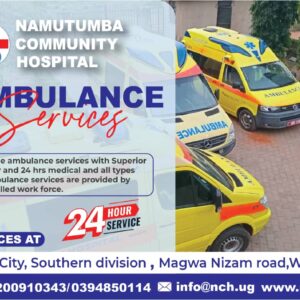Hypertension, commonly known as high blood pressure, has earned the ominous moniker of the “silent killer” for good reason. Many individuals who suffer from hypertension remain unaware of their condition, as it often presents no noticeable symptoms. Uncontrolled high blood pressure can have devastating consequences, contributing to the development of serious diseases affecting the heart, brain, kidneys, and more. To safeguard our well-being, it is imperative to prioritize regular blood pressure monitoring. By having our blood pressure checked by healthcare professionals, we gain valuable insight into our numbers and can take appropriate action if necessary. This crucial step plays an instrumental role in both the prevention and control of hypertension, ensuring a healthier and more fulfilling life.
1: Understanding Hypertension
To truly appreciate the importance of regular blood pressure checks, we must first grasp the significance of hypertension. Defined as abnormally high pressure exerted against the walls of our arteries, hypertension silently places immense strain on vital organs. As the primary risk factor for cardiovascular diseases, hypertension increases the likelihood of heart attacks, strokes, heart failure, and other life-threatening conditions. Additionally, it significantly heightens the risk of kidney disease, vision loss, and cognitive impairment.
2: The Deceptive Nature of Hypertension
One of the most treacherous aspects of hypertension is its covert nature. Unlike many other health conditions, it tends to hide behind a veil of invisibility, causing no immediate symptoms. This insidious characteristic is why regular blood pressure checks are indispensable. Individuals, even those who feel perfectly healthy, can harbor dangerously high blood pressure levels, putting themselves at risk without their knowledge. By undergoing routine checks, we dismantle the disguise hypertension wears, ensuring early detection and prompt intervention.
3: The Role of Regular Blood Pressure Checks
Regular blood pressure checks act as a cornerstone in our battle against hypertension. By consulting healthcare professionals and monitoring our numbers, we obtain essential information to guide our health decisions. Ideally, blood pressure should fall within the normal range, which is typically around 120/80 mmHg. Any deviation from this baseline warrants attention and further investigation. If diagnosed with high blood pressure, the guidance of a healthcare professional becomes paramount. They can provide comprehensive advice tailored to individual circumstances, outlining lifestyle modifications, dietary adjustments, and potential medication options.
4: Prevention and Control
Prevention and control are vital elements in managing hypertension and mitigating its associated risks. Regular blood pressure checks serve as powerful tools to identify hypertension early on, enabling timely intervention. Armed with this knowledge, individuals can proactively adopt healthy lifestyle practices, such as regular exercise, a balanced diet, stress management, and limited alcohol consumption. Moreover, by consistently monitoring blood pressure levels, healthcare professionals can make informed decisions regarding medication and adjust treatment plans to ensure optimal control.
Conclusion
The “silent killer” reputation of hypertension should not be underestimated. To protect ourselves and those we care about, regular blood pressure checks must become an integral part of our healthcare routine. By overcoming the absence of visible symptoms and acknowledging the dangers of uncontrolled hypertension, we take control of our well-being. Proactive measures, such as seeking advice from healthcare professionals and making necessary lifestyle changes, empower us to prevent and manage hypertension effectively. Regular blood pressure monitoring acts as a guiding compass, leading us towards healthier lives free from the shackles of this silent yet perilous condition. Together, let us prioritize our cardiovascular health and champion the cause of early detection and control of hypertension.















